As the world continues to grapple with the devastating effects of COVID-19 and its subsequent mutations, one thing has become clear: staying healthy is everyone’s top priority. We’ve made changes to the way we travel, the way we shop, even the way we socialize with one another! We’re hyper focused on protecting ourselves from microscopic viruses and disease, but what about potentially toxic chemicals – particularly the ones we might be applying to our skin?
No matter what season it is or which climate you live in, it’s never too early – or too late! – to begin preparing your household for mosquito season. When it comes to that pernicious pest of warm-weather fun, many people ask themselves, “How can I get rid of mosquitoes outdoors this year?” And more importantly, they want to know how to keep mosquitoes away naturally.
In the past, you may not have given it a second thought when you reached for your mosquito repellent – if it’s on a shelf at the local grocery store, or pharmacy, it must be safe, right? Well, not necessarily.

The active ingredient in most insect repellents is a chemical compound known informally as DEET (N, N-diethyl-m-toluamide). While the EPA’s classification of DEET as a chemically toxic substance to humans ranks at only a category III 1(slightly toxic), some people remain concerned about its safety, particularly for small children who might be prone to ingesting DEET after it’s been applied to the skin. (To learn a little more about DEET, check out our blog ‘Is DEET bad for you?’)
But mosquitoes can carry diseases that have earned them the moniker “world’s deadliest animal” for good reason, because they are responsible for killing hundreds of thousands of people each year, and sickening millions more2. While adverse reactions can occur with anything applied to the skin in highly sensitive people or when used incorrectly, many people prefer a more natural approach. For those who may be traveling to or who live in areas with endemic, dangerous mosquito-borne illnesses like malaria, dengue, West Nile or Zika, it’s best to consult with your doctor or child’s pediatrician, who can help you weigh the risks of these diseases against any possible adverse effects of using conventional repellents.
How to Get Rid of Mosquitoes Outdoors?
No one wants their summer outings to be hampered by swatting away potentially disease-carrying insects. But where does that leave us? Is our only choice the application of chemical substances? Luckily, no.

There are a number of natural ways to keep mosquitoes away, and they vary depending on what your overall protection goals are. Let’s take a look at a few of them:
-
Natural Insect Repellent – Natural insect repellents contain substances made from plant oils (leaves, stems, barks, or flowers) that are applied to skin or clothing and are used to deter insects. These include oil of lemon eucalyptus (OLE), citronella, peppermint, lavender and cedarwood. Our Natural Insect Repellent protects from mosquitoes for 3–6 hours using some of these effective plant oils. As mentioned above, many people prefer these oils to traditional DEET-based products because of concerns about DEET exposure, especially for small children. We also offer a wearable option in our natural Bug Repellent Bracelets! They’re chock-full of bug-repelling essential oils and offer over 700 hours of guaranteed protection, no spraying needed!
-
Mosquito Repellent Incense – If you’re looking to keep mosquitoes out of your yard naturally, incense can offer an extra layer of protection, with great-smelling smoke that you’ll love and mosquitoes loathe. Incense sticks and cones – especially those containing ingredients like lemongrass, citronella and lemon peel – can be powerful tools in getting rid of mosquitoes in your outdoor living space. Watch our quick tutorial video on how to use Best Bee Brothers’ mosquito repellent incense to keep your yard free and clear of pesky bloodsuckers this summer.
-
Mosquito Zap Trap – When you’re making a definitive stand in the battle for your backyard, sometimes repellents just don’t send a strong enough message. When it's time to go on the offensive, you can’t go wrong with a good ol’ fashioned bug zapper. Engineered with a chemical-free, 20-watt spiral UV light tube for superior performance, the Best Bee Brothers Mosquito Zap Trap lures in flying pests such as mosquitoes and flies and delivers a potent shock to kill them on the spot. The device is designed to be used outdoors during nighttime hours. Best of all, each Zap Trap can protect up to a half acre of land!

-
Mosquito Nets – Sometimes it's the simplest solutions that offer the most effective outcomes, and it doesn’t get much simpler than mosquito netting. It might not be the most aesthetically pleasing addition to your wardrobe, but it can be a powerful tool when draped over your head, face or even the entire body. Don’t want to wear it? An outdoor mosquito tent can provide protection too.
-
Long, Loose-Fitting Clothing – If mosquito nets aren’t really your thing, there is another option…it just might keep you a little toastier than you’d otherwise like on a balmy summer evening. Generally speaking, if mosquitoes can’t smell your skin, they won’t bite it. So it stands to reason that wearing long-sleeved shirts, pants and high socks can be an effective way to prevent mosquito bites on your upper and lower extremities. How sustainable is it to wear long sleeves all summer long, well... we’ll let you decide that one!
If you’re interested in learning more about mosquitoes, bite remedies and the science behind these pests, visit our Why Mosquitoes Bite page!
- “Chemical WATCH Factsheet: DEET,” Beyond Pesticides 22, no. 2 (2002): 9–10, https://www.beyondpesticides.org/assets/media/documents/pesticides/factsheets/deet.pdf.
- CDC, “Fighting the World’s Deadliest Animal,” August 15, 2019, https://www.cdc.gov/globalhealth/stories/world-deadliest-animal.html.



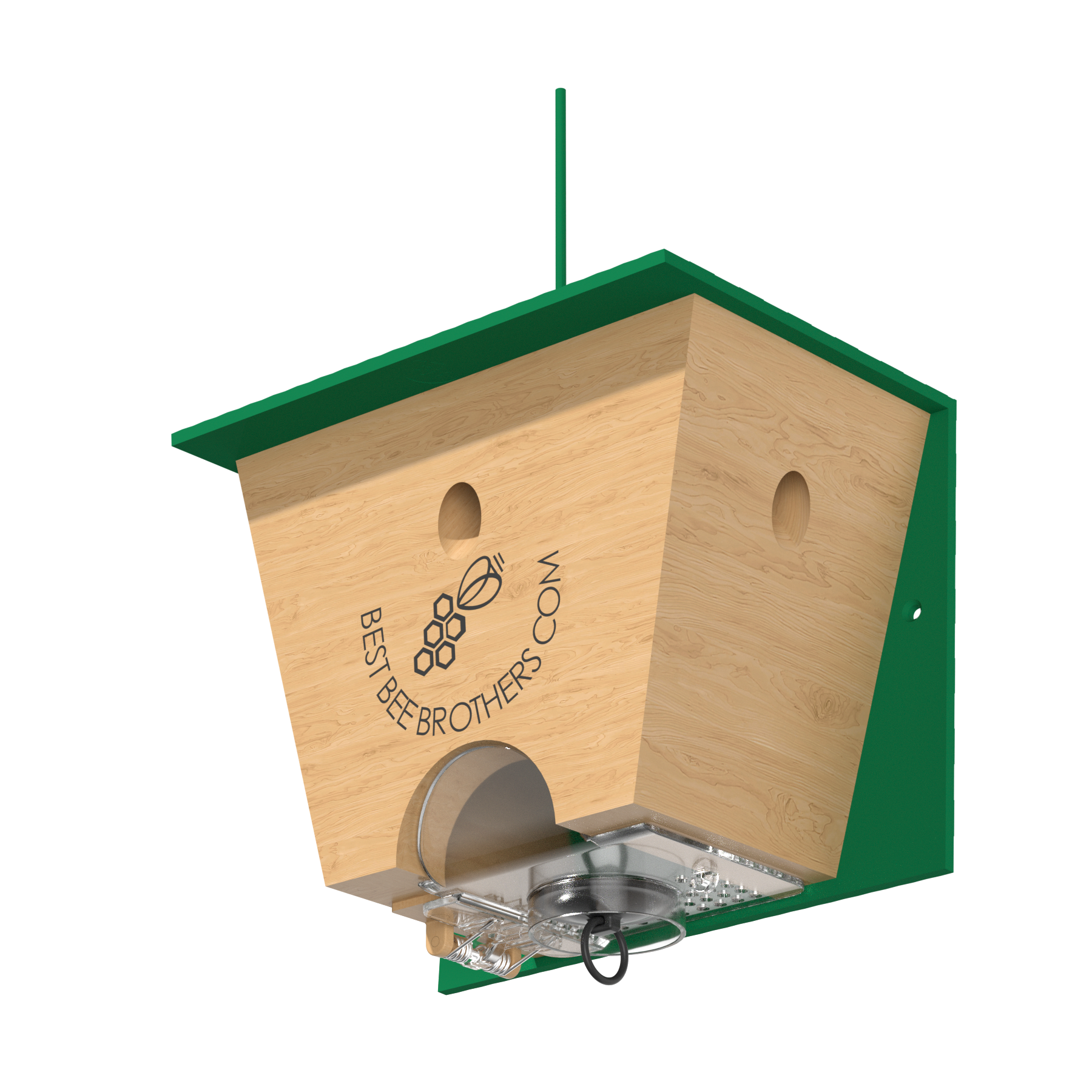
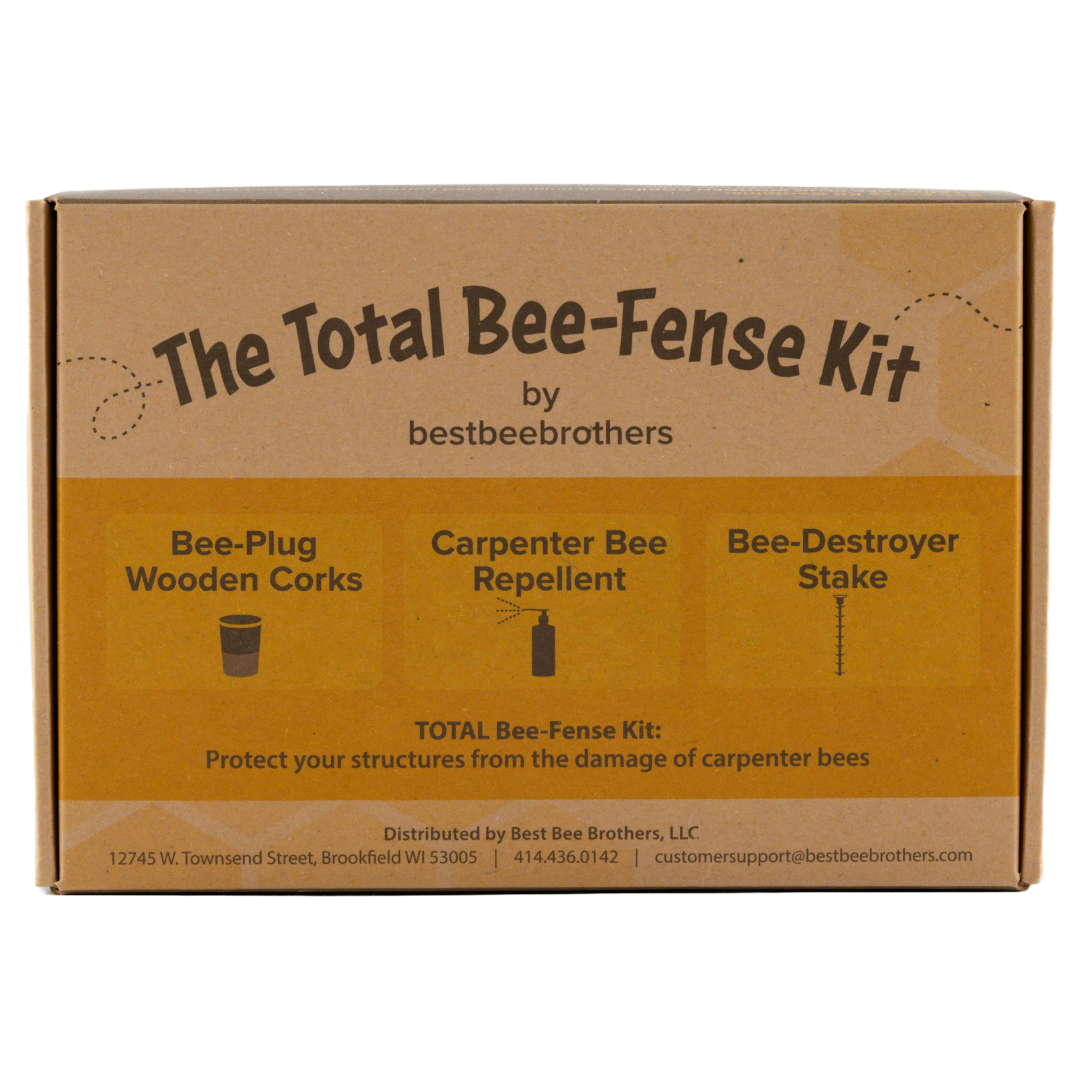
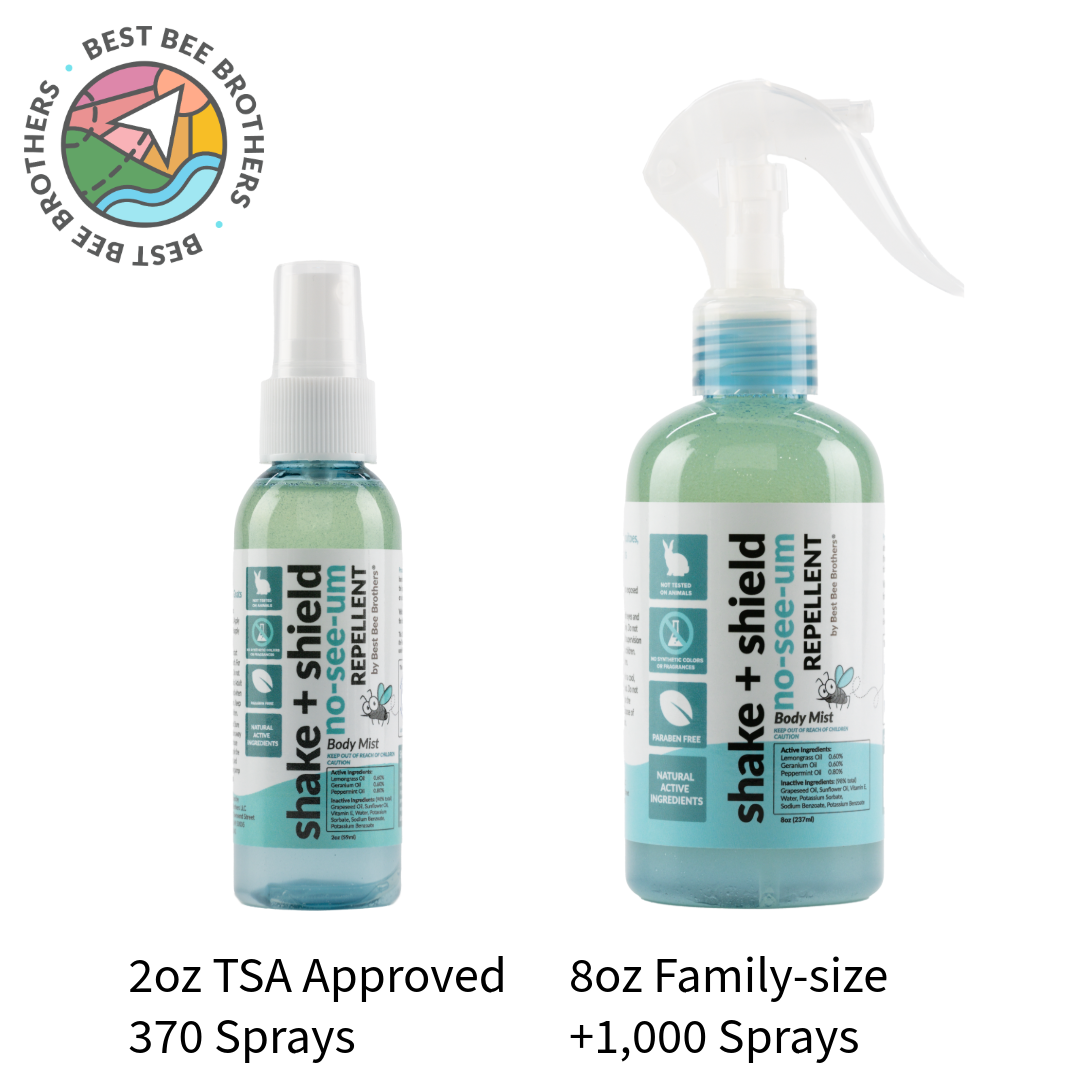
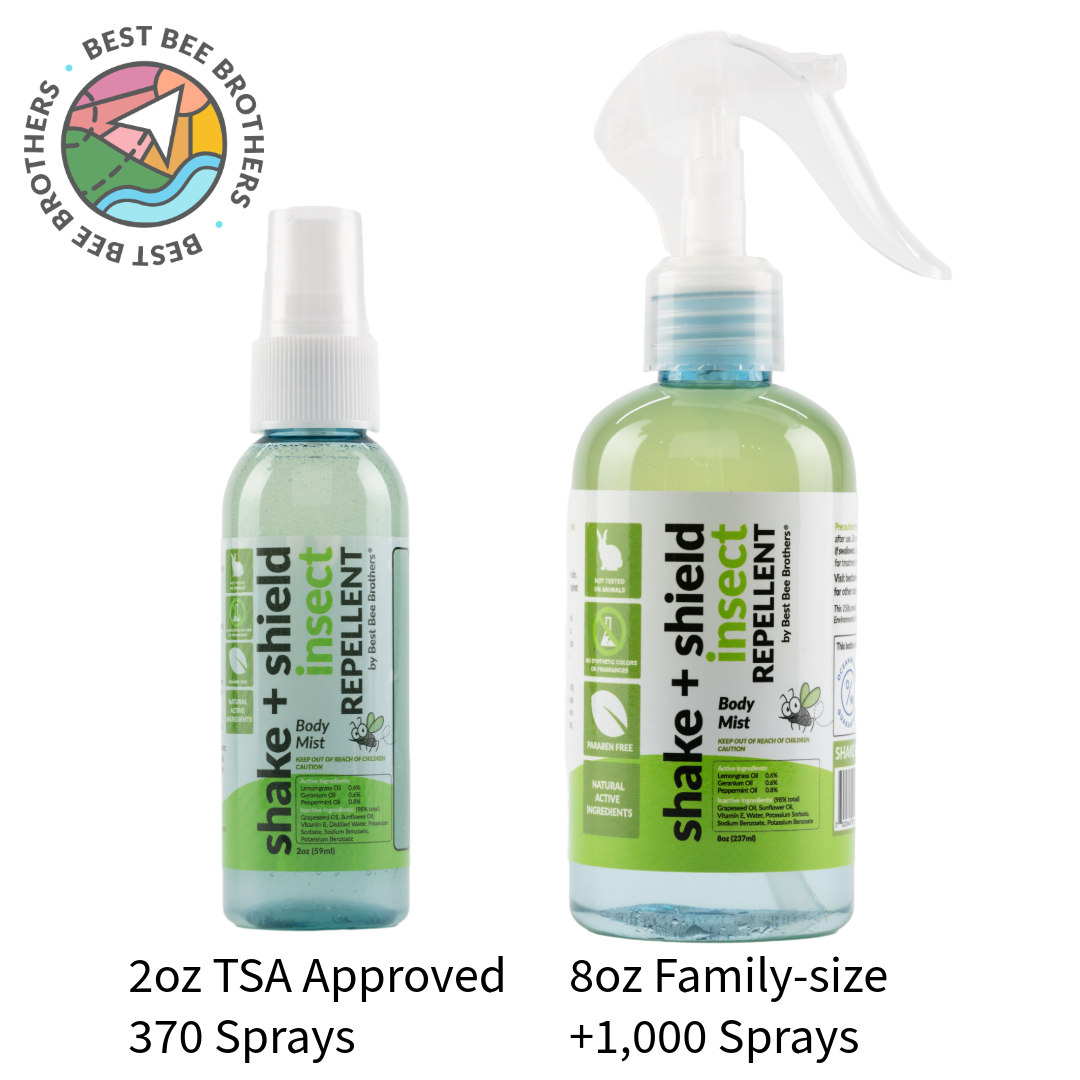
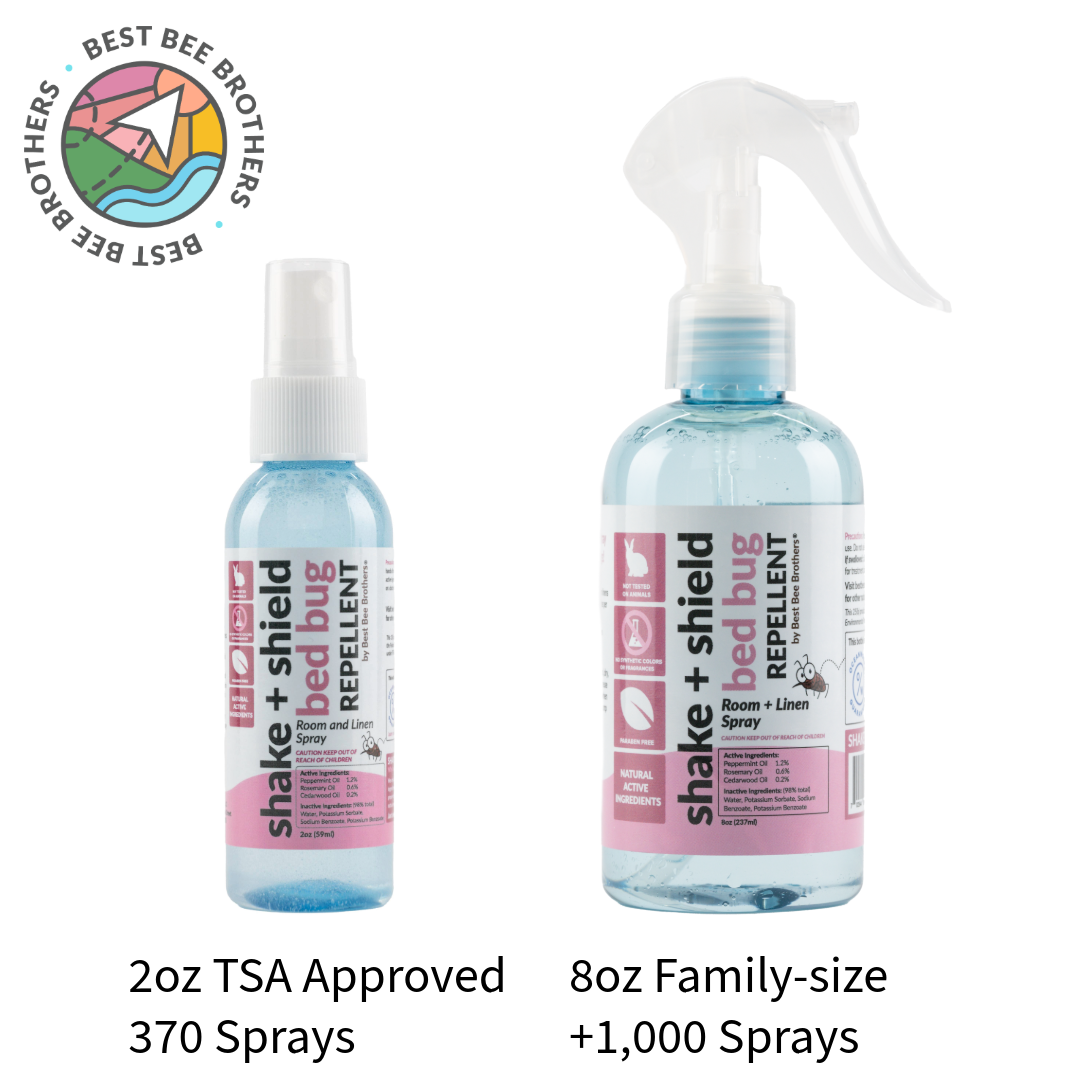
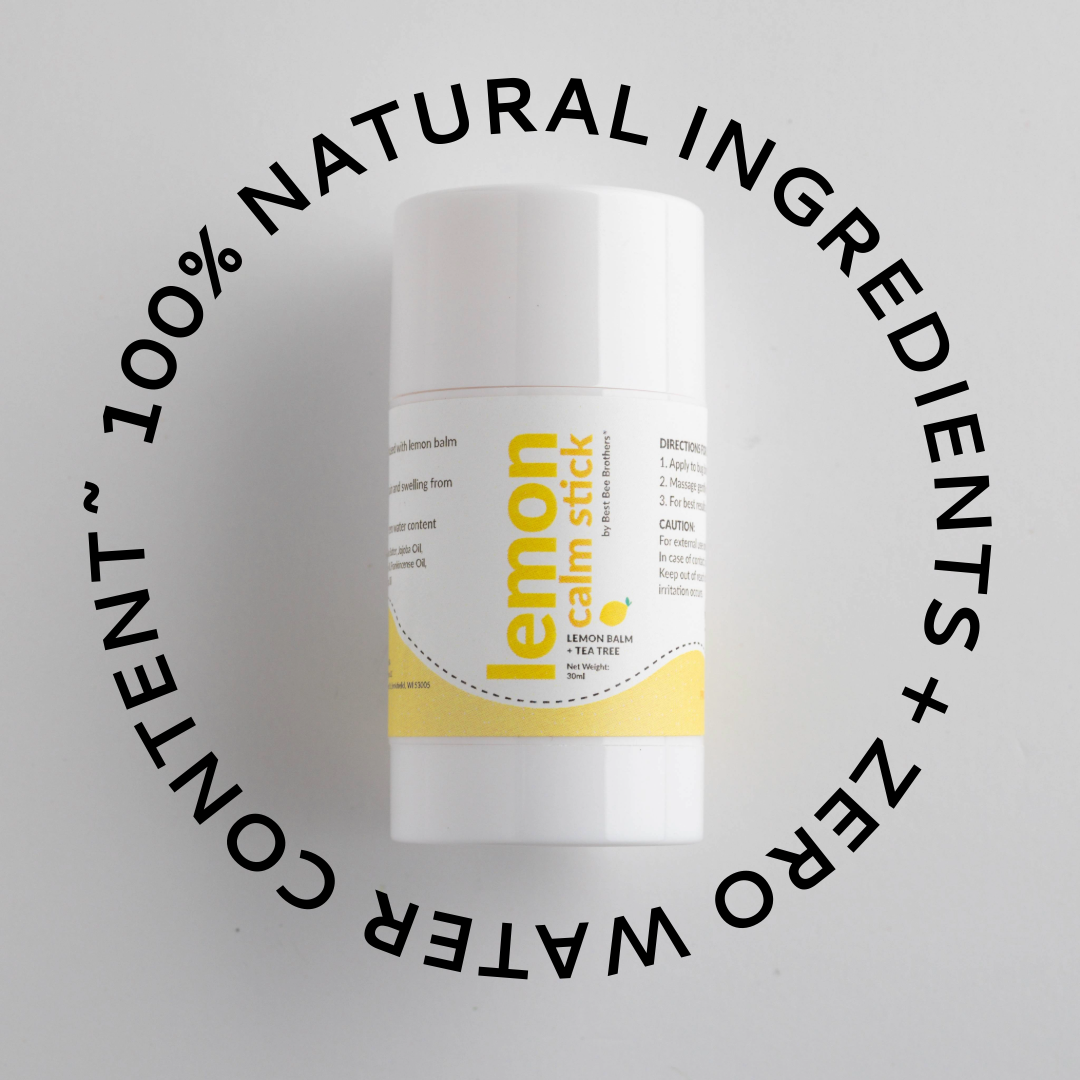
Leave a comment
All comments are moderated before being published.
This site is protected by hCaptcha and the hCaptcha Privacy Policy and Terms of Service apply.